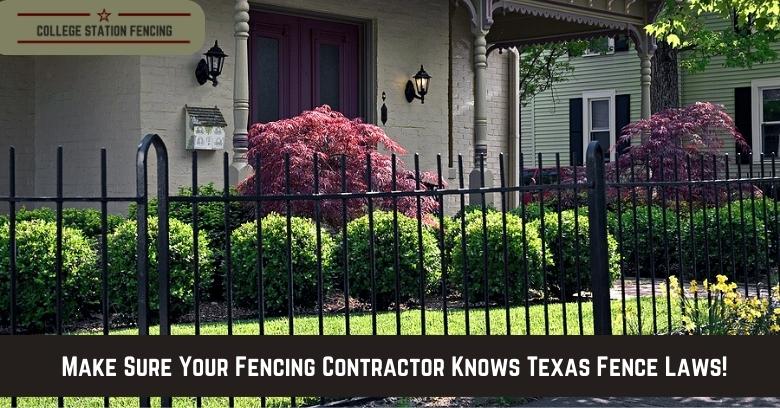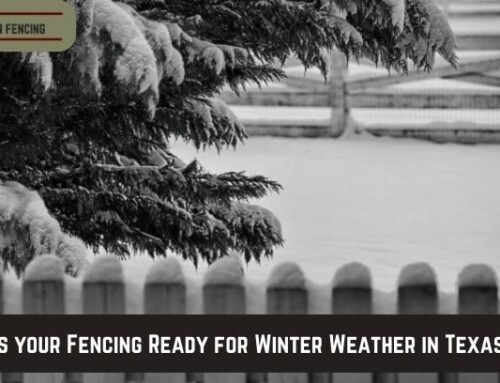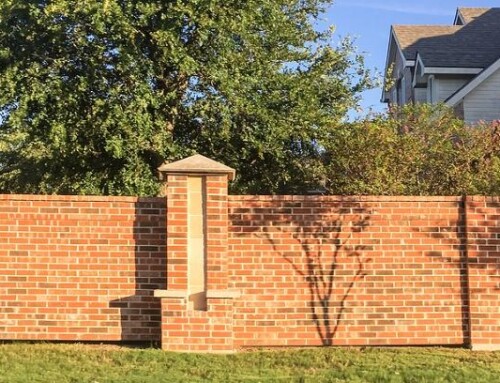Whether installing a brand-new fence or having a fence replacement done, homeowners need to hire a contractor who understands Texas fencing law to prevent common problems that can arise.
A fence contractor who is knowledgeable on all the particulars of fencing can make any installation a less stressful event.
Read on to learn some important fence laws that apply in Texas and plan to discuss them with an experienced fencing contractor before digging for the first post!
1. Refer to the Texas Property Code
To fully understand all laws about fence installation, maintenance, and ownership, fence contractors and homeowners should refer to the Texas Property Code, which documents all fencing laws.
2. Fencing Permits In Texas
Although the state does not require fencing contractors to get a permit to install a fence in Texas, some counties, cities, or housing developments may require it.
This should be researched before any fencing installation or replacement is started.
3. Good Neighbor Fence Laws In Texas
A fence installed on a boundary line between two properties is considered a “good neighbor” fence in Texas and it is the shared responsibility of both property owners.
This is an important detail to clarify before doing an installation or fence replacement on a property line, as both neighbors must agree to the installation and upkeep of the structure.
When neighbors cannot agree on a good neighbor fence, it can be installed inside the property line instead and remain the sole responsibility of that property owner.
4. Legal Concerns About Fence Ownership and Adverse Possession
The liabilities of fence care and repair in Texas, as well as any damages that result when a fence is in disrepair, lie solely with the owner of the structure.
Alternately, Texas also recognizes the concept of adverse possession which states that a fence over the property line that has been maintained by the neighbor owner of that property may be considered theirs.
5. Fencing Setbacks and Locations
An important law that fence contractors must adhere to is fence setbacks, which are dictated in local building ordinances.
Setback laws mandate that private fences be set back a certain distance from sidewalks, roads, public lands, and other boundaries.
Similarly, contractors may not install private fences on public lands or another person’s land.
6. Fence Construction and Maintenance
Texas permits fencing contractors to install any material their customers desire, with no restrictions.
Of course, many neighborhoods and HOAs do restrict what materials can be used to build a fence.
Noting this, homeowners should always confirm with their HOA, town, or county which materials may be used for fencing and whether there are any restrictions they must abide by.
All care and maintenance of fences lie with the owner of the property on which they are installed.
7. Fence Height Laws
The Texas Property Code limits the height of any fence to 8 feet. If the barrier is located within an industrial or commercial zone, it may be as high as 10 feet.
When planning a fence installation or fencing replacement in a residential area, note that HOAs may have their own height laws as well.
Discuss Texas Fence Laws With A Qualified Fencing Contractor
Fences serve many purposes for Texas home and property owners.
When planning an installation with a fence contractor, be sure they are aware of state and local laws before starting the project.
Homeowners should discuss fencing laws with an experienced local fencing contractor and work collectively to resolve boundary concerns and other fencing issues.
Whether investing in a new installation or arranging a fence replacement, be sure to work within local laws to avoid legal problems in the future!




